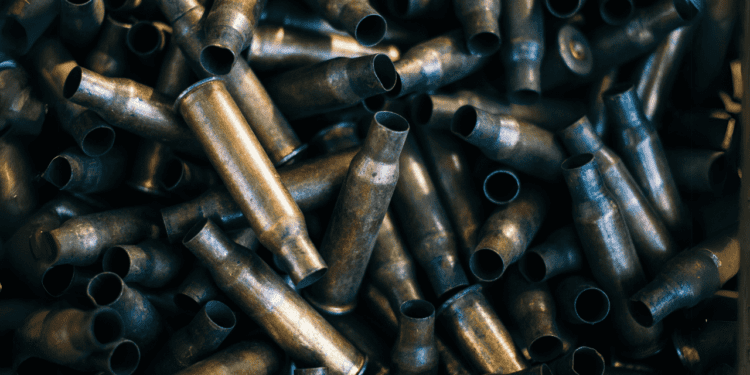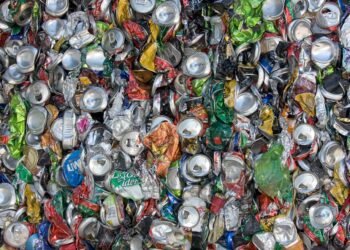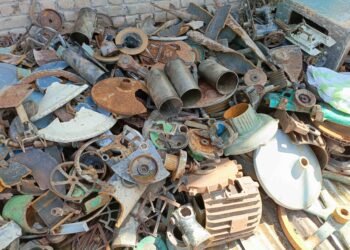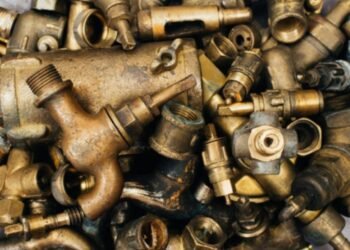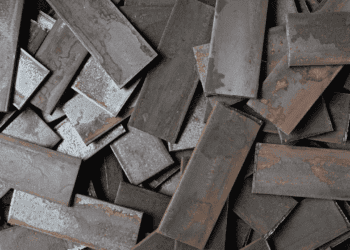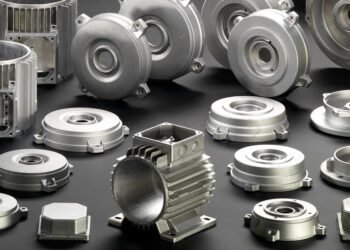Introduction to Certified Scrap Brass Shells Recycling
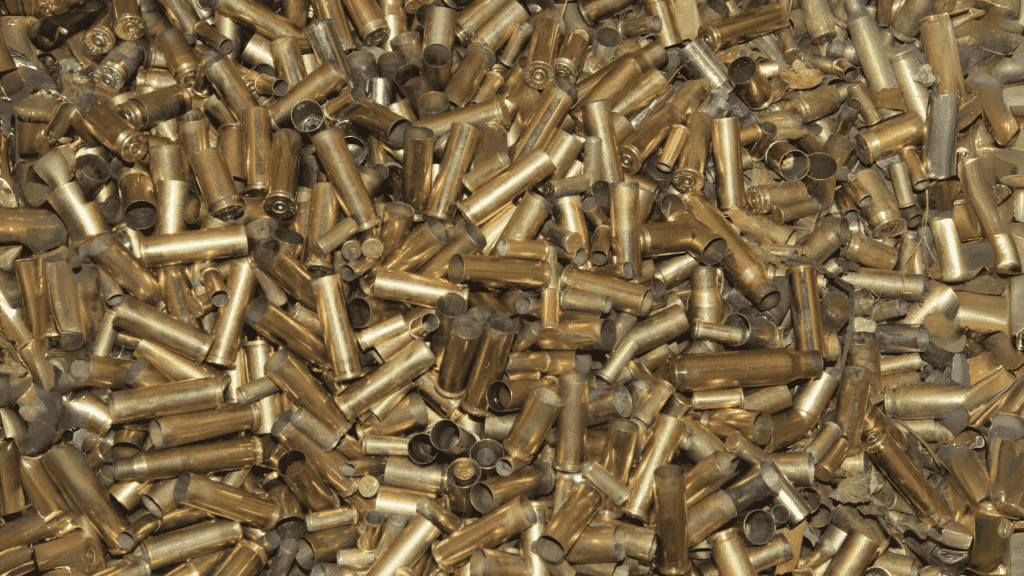
Importance of Recycling Brass Shells
When it comes to metal recycling, brass shells play a significant role. These casings, commonly used in ammunition, are composed of a mixture of copper and zinc. Recycling brass shells not only conserves valuable resources but also reduces the need for mining new materials. By choosing to recycle, we contribute to a more sustainable and environmentally friendly approach to metal usage.
Join our: Whatsapp Group
Role of Certified Recyclers
Certified scrap brass shells recyclers play a crucial role in ensuring that these materials are processed responsibly. They adhere to strict standards set by regulatory bodies to minimize environmental impact and ensure worker safety. By choosing a certified recycler, individuals and businesses can trust that their brass shells are being handled in a manner that meets these stringent requirements.
Benefits of Choosing Certified Scrap Brass Shells Recycler
Opting for a certified recycler brings a host of advantages. Not only does it promote eco-conscious behavior, but it also supports businesses that are committed to ethical practices. These recyclers often offer efficient and reliable services, ensuring that the brass shells are recycled properly without harm to the environment or health risks to workers.
What Makes a Scrap Brass Shells Recycler Certified?
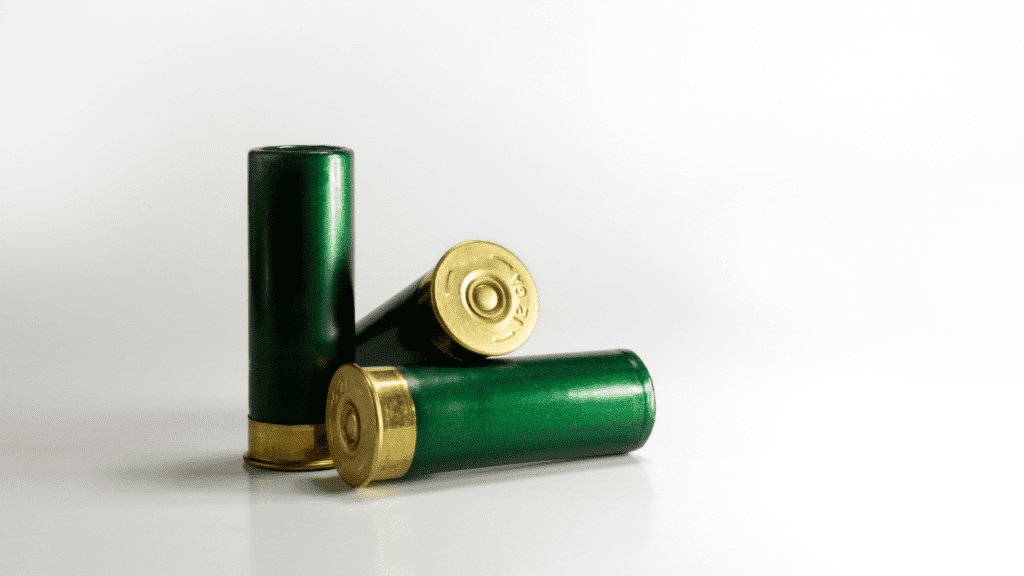
Compliance with Environmental Regulations
One of the primary criteria for certification is compliance with environmental regulations. Certified recyclers must meet stringent guidelines regarding waste disposal, emissions, and pollution control. This ensures that the recycling process does not harm the surrounding ecosystem or community.
Also Read : Top 5 Most Common Types of Metals and Their Uses
Proper Licensing and Certification
Certified recyclers must hold the appropriate licenses and certifications from governing bodies. These credentials demonstrate that they have undergone rigorous assessments of their practices, facilities, and adherence to industry standards. When choosing a recycler, verifying these licenses provides assurance of their credibility.
Adherence to Safety Standards
Safety is paramount in the recycling industry, especially when dealing with materials like brass shells. Certified recyclers maintain strict safety protocols to protect their workers from hazards such as sharp edges, heavy machinery, and chemical exposure. This commitment to safety is a key aspect of certification.
Transparent Practices
Transparency is a hallmark of certified recyclers. They provide clear documentation of their processes, from collection to final disposal or reuse. This transparency not only builds trust with clients but also allows for accountability and traceability throughout the recycling chain.
The Process of Certified Scrap Brass Shells Recycling
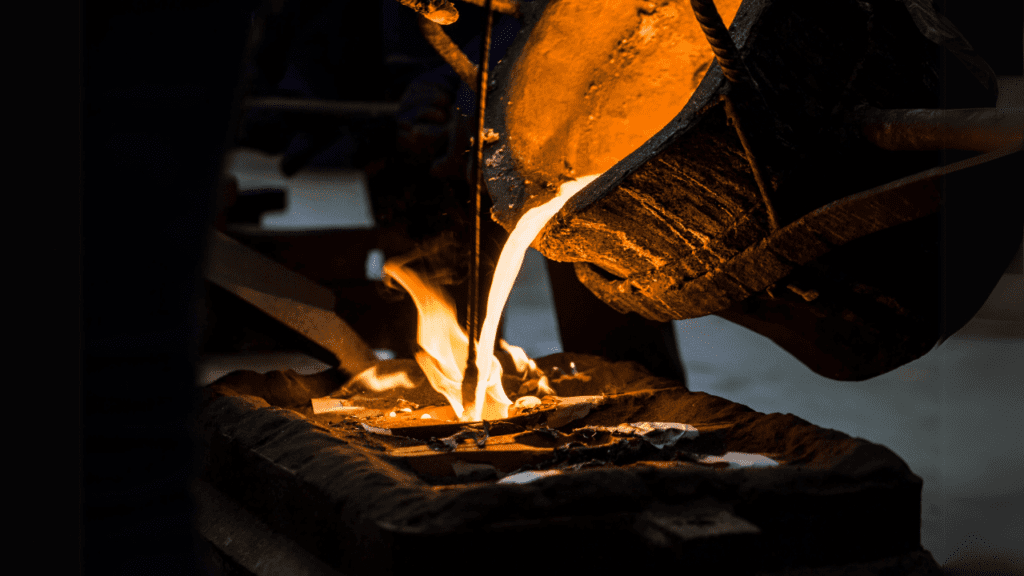
Collection of Brass Shells
The recycling process begins with the collection of brass shells from various sources, including shooting ranges, military facilities, and individual firearm owners. Certified recyclers often provide convenient drop-off locations or pickup services to make it easy for individuals and businesses to recycle their brass.
Sorting and Inspection
Once collected, the brass shells undergo thorough sorting and inspection. This step involves separating different types of brass alloys and removing any contaminants such as dirt, plastic, or paper. Inspectors carefully check each shell to ensure it meets quality standards for recycling.
Cleaning and Preparation
After sorting, the brass shells are cleaned to remove remaining debris and contaminants. This may involve processes such as washing, tumbling, or chemical treatments to achieve a clean surface. Properly cleaned shells ensure a higher quality end product after recycling.
Melting and Purification
The cleaned brass shells are then melted down in specialized furnaces to liquefy the metal. During this stage, impurities rise to the surface and are skimmed off, leaving behind a pure brass alloy. This molten brass is then formed into ingots or other shapes for further processing.
Shipment of Recycled Brass
The final step involves shipping the recycled brass to manufacturers who will use it to create new products. This closed-loop process ensures that the brass shells are transformed into valuable raw materials, ready to be used again in various industries such as automotive, construction, and electronics.
Advantages of Using Certified Recyclers for Brass Shells

Environmental Benefits
Recycling brass shells reduces the need for virgin metal extraction, which in turn conserves natural resources and reduces energy consumption. Additionally, it prevents these materials from ending up in landfills or polluting the environment, promoting a cleaner and healthier ecosystem.
Visit Our Prices Page For Latest Metals Rates
Economic Impacts
The recycling industry creates jobs and stimulates economic growth in local communities. By supporting certified recyclers, individuals and businesses contribute to the development of a sustainable economy built on recycling and resource conservation.
Support for Sustainable Practices
Choosing certified recyclers aligns with a commitment to sustainable practices. It reflects a conscious decision to reduce waste, minimize environmental impact, and promote a circular economy where materials are reused and repurposed rather than discarded.
Contribution to Circular Economy
Certified scrap brass shells recyclers play a vital role in the circular economy model. By closing the loop on materials like brass, they enable these resources to be used repeatedly, reducing the need for new production and lowering the overall carbon footprint of metal manufacturing.
How to Identify a Reliable Certified Scrap Brass Shells Recycler

Check for Certifications and Licenses
When searching for a recycler, always verify their certifications and licenses. Look for accreditations from reputable organizations that specialize in recycling standards. These certifications demonstrate that the recycler meets industry best practices.
Reputation and Reviews
Research the reputation of the recycler through customer reviews, testimonials, and industry reports. A reliable recycler will have positive feedback from satisfied clients and a track record of delivering quality services.
Also Check : LME : London Metal Exchange | Complete Details
Transparency in Processes
Choose a recycler that is transparent about their processes, fees, and policies. They should be willing to answer any questions you have about the recycling journey of your brass shells, from collection to final disposition.
Customer Service and Support
Excellent customer service is indicative of a reputable recycler. They should provide clear communication, prompt responses to inquiries, and assistance throughout the recycling process. A recycler that values its customers’ satisfaction is likely to uphold high standards of service and reliability.
FAQs :
1. Why should I recycle brass shells?
- Recycling brass shells conserves valuable resources like copper and zinc.
- It reduces the need for mining new materials, which is good for the environment.
2. What role do certified recyclers play?
- Certified recyclers ensure that brass shells are processed responsibly.
- They follow strict standards to minimize environmental impact and ensure safety.
3. What are the benefits of choosing a certified recycler?
- Opting for a certified recycler promotes eco-conscious behavior.
- It supports businesses committed to ethical practices and offers reliable services.
4. How can I tell if a recycler is certified?
- Look for their compliance with environmental regulations.
- Check for proper licenses and certifications from governing bodies.
5. What does the recycling process involve?
- It starts with collecting brass shells from various sources like shooting ranges.
- The shells are then sorted, inspected, cleaned, melted, and shipped for reuse.
6. What environmental benefits come from recycling brass shells?
- Recycling reduces the need for new metal extraction, conserving natural resources.
- It prevents brass shells from ending up in landfills or polluting the environment.
7. How does recycling brass shells contribute to the economy?
- The recycling industry creates jobs and supports local economic growth.
- By supporting certified recyclers, you help build a sustainable economy.
8. What is the circular economy, and how does recycling brass shells fit into it?
- Choosing certified recyclers promotes a circular economy where materials are reused.
- It reduces waste, minimizes environmental impact, and supports sustainable practices.
9. How can I identify a reliable certified scrap brass shells recycler?
- Look for certifications, licenses, and accreditations from reputable organizations.
- Check their reputation through customer reviews and transparency in their processes.
10. What should I expect from a certified recycler’s customer service?
- A reliable recycler will provide clear communication and prompt responses.
- They should assist you throughout the recycling process and prioritize customer satisfaction.
Conclusion
Opting for a certified scrap brass shells recycler is a responsible choice that benefits both the environment and the community. These recyclers adhere to strict standards, ensure the proper handling of materials, and contribute to a sustainable economy. By understanding the certification process, the recycling journey, and how to identify reliable recyclers, individuals and businesses can make informed decisions that support a greener future.



